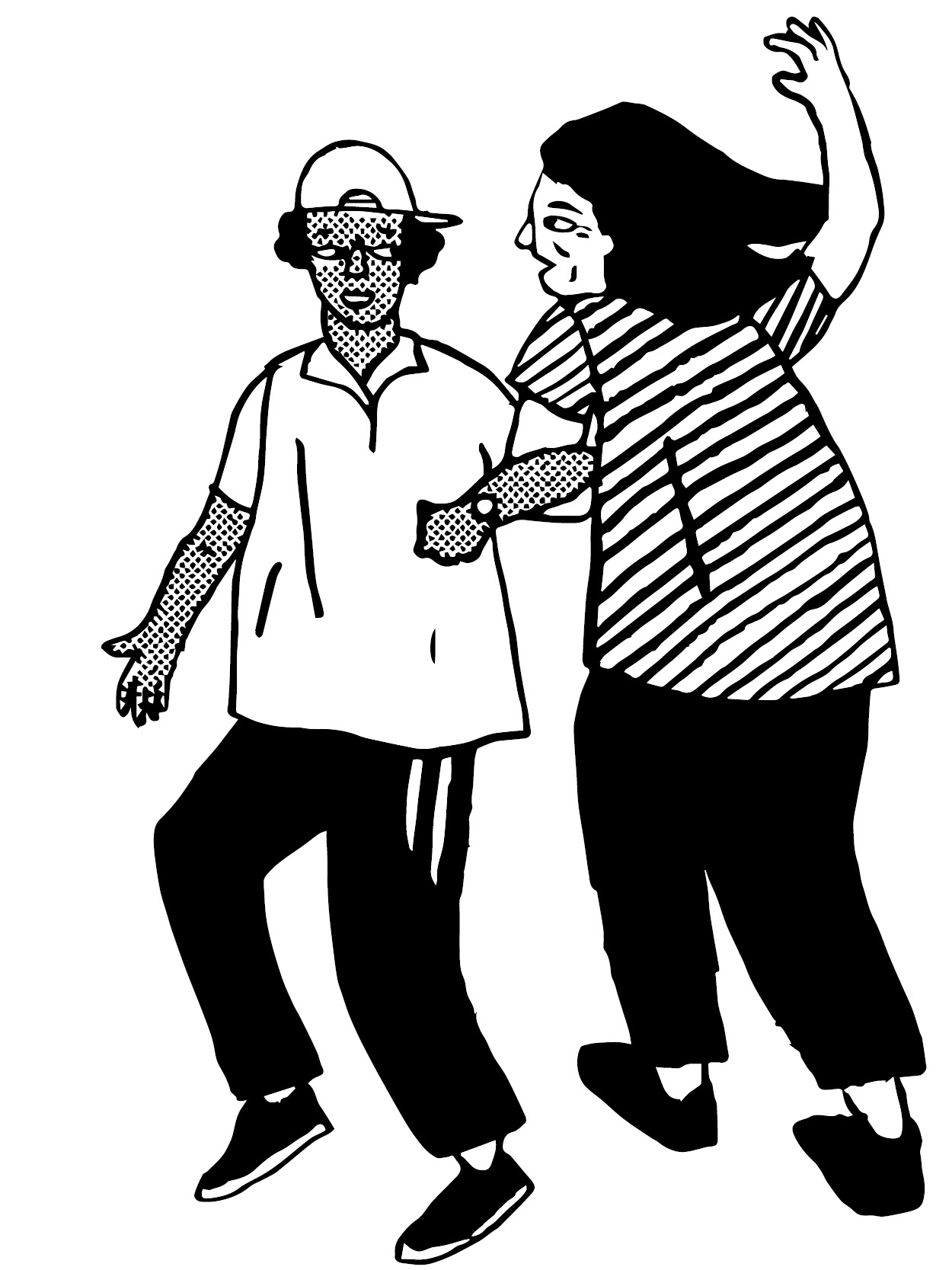English Folk Drama - Earliest References
Earliest references
The unromantic fact is that the mumming play cannot be traced back any earlier than the mid-eighteenth century. The earliest known texts are from the 1770s, and less concrete references only pre-date these by a decade or so. It probably evolved from some kind of stage play or perhaps puppet show performed by travelling companies at fairs and other rural gatherings. It seems also to have partly evolved from the speeches of mountebanks or 'quack doctors' who travelled the country selling patent medicines. Their traditional patter not only included the lines commonly spoken by the mumming Doctor but also featured the 'death' of the quack's assistant and his miraculous cure with the medicine or pills on sale.
If the play is little more than 250 years old, and scholars have been looking at it for a century of that time, it may seem strange that the exact origin has not been discovered. But one of the unfortunate results of several generations of 'pagan-origin' assumptions is that those who have been concerned to find evidence about origins and early development have been looking in the wrong place. It is only recently that attention has moved from inventing 'religious' ceremonies of pre-history to seeking clues in the records of the popular and literary cultures of the early eighteenth century. There is much more still to do.
Heyday and Decline
As indicated, our evidence is too patchy to allow us to properly understand how prevalent the custom was at any given time. It seems that its heyday may have been in the second half of the nineteenth century, but this is probably simply a reflection of the amount of 'collecting' and documenting that went on in that period. But by the time of the First World War, the custom was fast dying out. There were many reasons for this. People were gradually becoming more affluent, there was much more entertainment available and simple pleasures were going out of fashion. Young men who might have carried it on were killed in the war. People started asking where the money was going and public opinion started to re-brand performance customs as ‘begging’. By the 1930s, the number of traditional teams could be numbered in dozens rather than hundreds, and few survived the Second World War.











